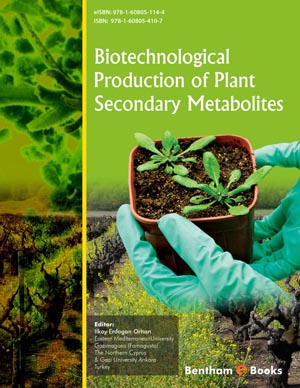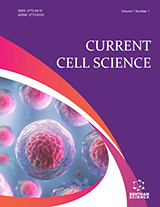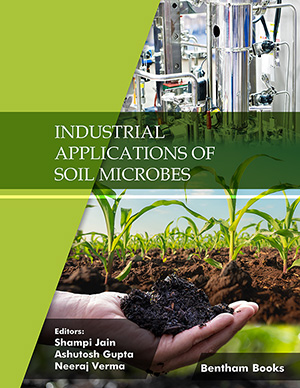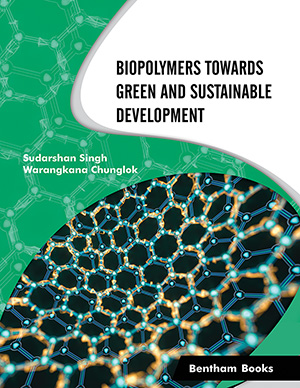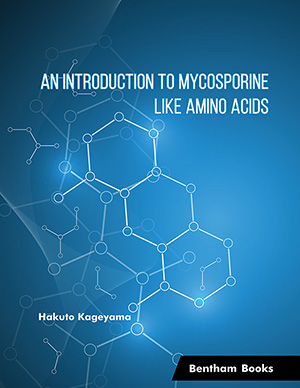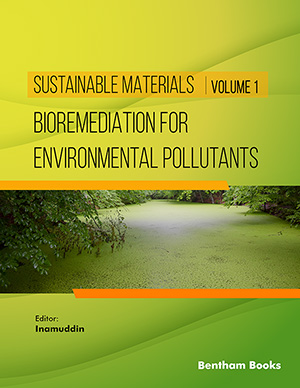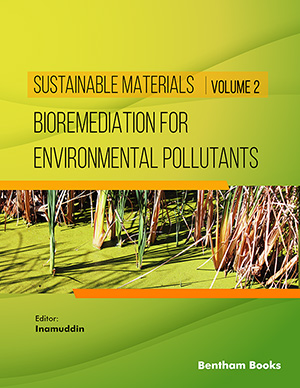Abstract
Jojoba (Simmondsia chinensis (Link) Schneider) is a desert shrub which tolerates saline and alkaline soils and minimal water requirements. Jojoba seed storage lipids are liquid waxes which are esters of long chain monounsaturated fatty acids and alcohols. The oil content of the seed constitutes approximately 40-50% of the seed weight. The liquid wax is of economic importance in industry (machine lubricant) and medicine (e.g. cosmetics and anticancer compounds). Biotechnology approaches can be utilized for jojoba propagation and cloning of genes coding for economically important traits. Micropropagation of jojoba by in vitro seedling culture was achieved. This chapter will discuss the following aspects: 1) Jojoba production and economics, 2) The medicinal metabolites and their health related values, 3) Conventional and non-conventional, biotechnological, approaches to improve and utilize jojoba.
Keywords: Jojoba, Simmondsia chinensis, biotechnology, micropropagation, gene cloning, in vitro seedling culture, fatty acids, somatic embryogenesis, explants, plant growth regulators, precursor, elicitation, molecular markers.


